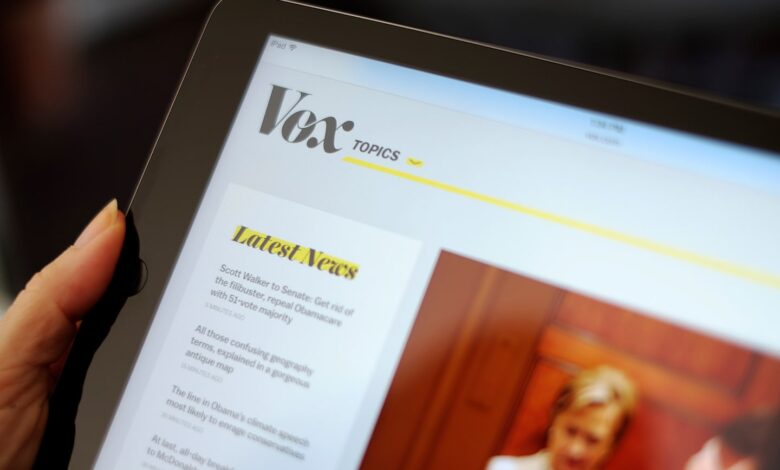OpenAI signs deals with Vox, the Atlantic to put news into ChatGPT

As more people use OpenAI’s ChatGPT and other chatbots to find information, AI companies are trying to find ways to get the most up-to-date, helpful and accurate information into their products. AI models still often make up false information, so relying on news content from third parties is a way to increase the trustworthiness of AI answers.
News organizations, for their part, are nervous that more people will use AI to get their news, taking away traffic and subscribers from their websites, and further damaging their businesses that have already been rocked by the rise of social media.
“We believe that people searching with AI models will be one of the fundamental ways that people navigate the web in the future,” Nicholas Thompson, CEO of the Atlantic, said in an announcement on the magazine’s website.
GET CAUGHT UP
Summarized stories to quickly stay informed
But not everyone in the publishing business agrees. The deals represent a major split developing inside the journalism and publishing worlds, with some organizations suing OpenAI for using their content to train AI algorithms without payment, and others selling fresh news content to the AI company for a piece of the growing AI revenue pie.
Some news organizations, including the New York Times and several newspapers owned by investment fund Alden Global Capital, have sued OpenAI for using their copyrighted work to train their AI algorithms, joining a group of authors, artists and musicians fighting against what they see as a massive wave of theft by the tech companies.
OpenAI and other tech companies such as Google and Meta trained the AI models powering their chatbots by scraping much of the web without payment or permission. Tech companies all argue that training on scraped data is legal under fair use — a concept in copyright law that allows material to be reused if it is substantially changed.
But OpenAI also needs access to fresh content from behind news site paywalls to pitch its chatbots as the most up-to-date and helpful — and these content deals help the company accomplish that. Soon, when users ask ChatGPT for news updates, they will see headlines, sections of articles and links from the news sites that have partnered with the company.
Less than a week before the deal, the Atlantic published an opinion piece by Jessica Lessin, a longtime tech journalist and the founder of tech news site the Information, in which Lessin argued that news organizations were naive in signing deals with OpenAI.
“For as long as I have reported on internet companies, I have watched news leaders try to bend their businesses to the will of Apple, Google, Meta,” Lessin wrote. “It never, ever works as planned.”



